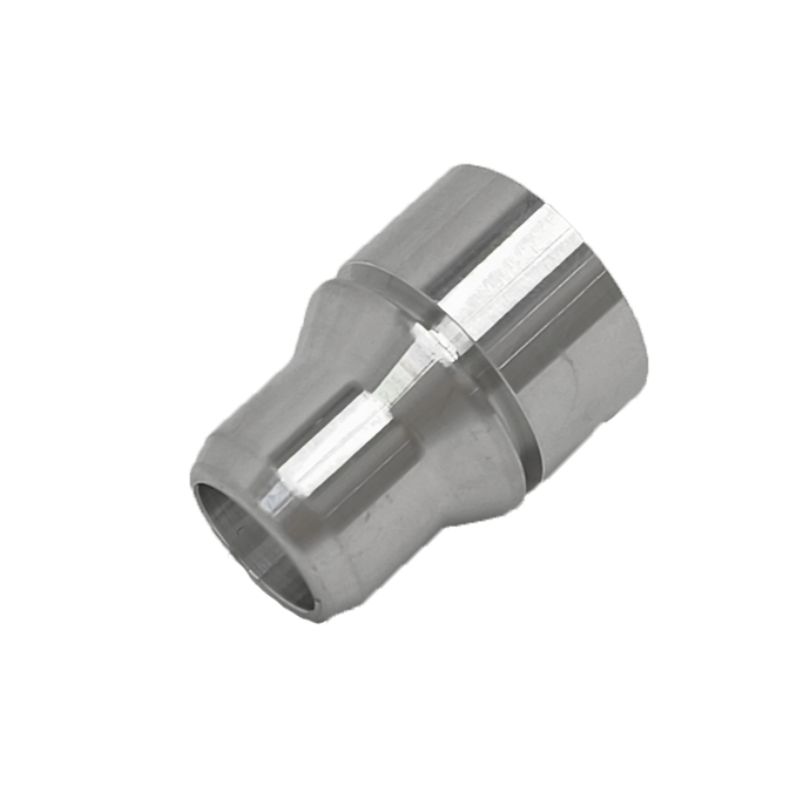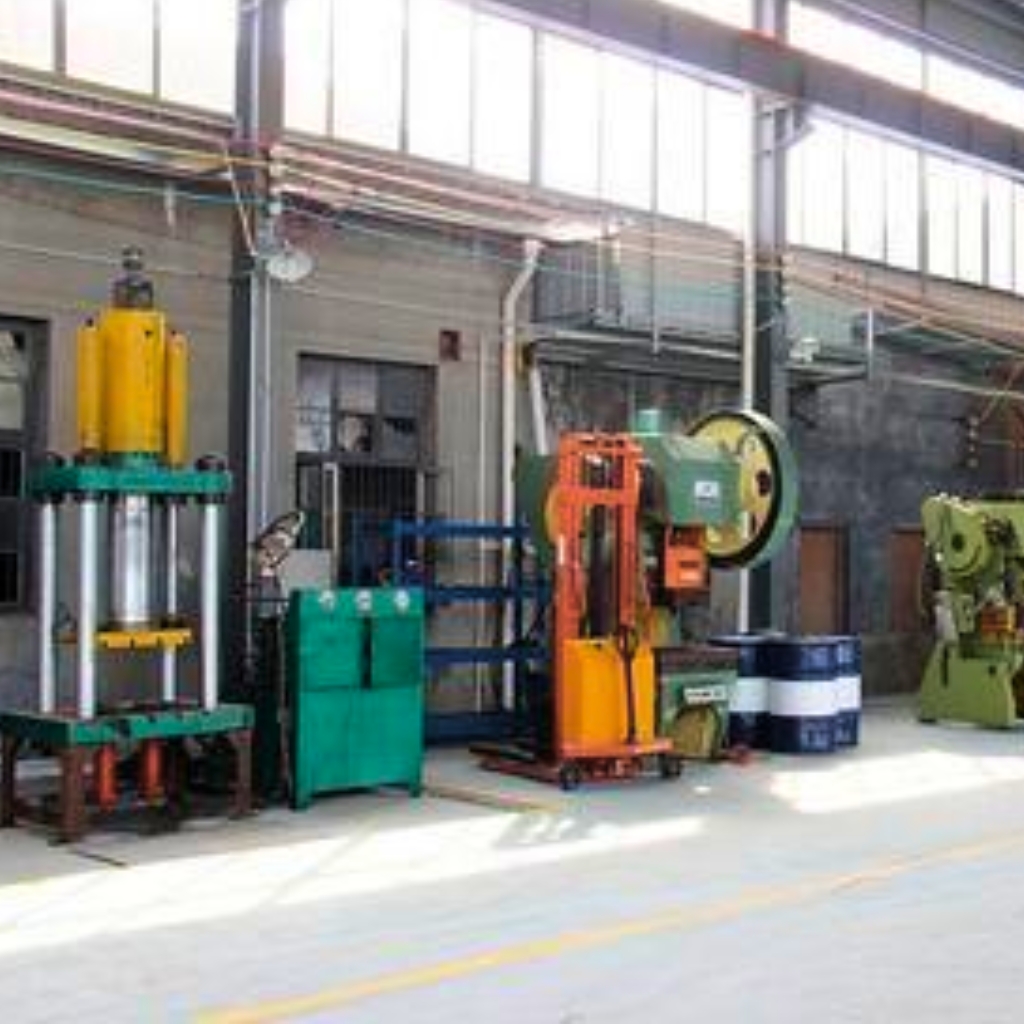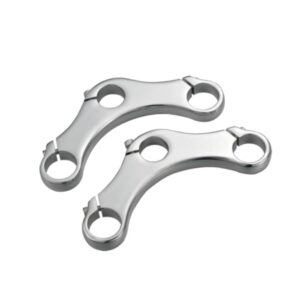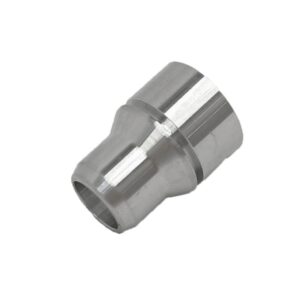In the world of manufacturing and engineering, the choice of materials and production methods can significantly impact the performance, durability, and cost-effectiveness of a final product. Two commonly used manufacturing techniques, precision hardware and aluminum forging, offer distinct benefits and are suited to different applications. MINGYU Tech, a leading provider of advanced manufacturing solutions, explores the key benefits and applications of these two techniques, helping businesses make informed decisions.

Precision Hardware: A Commitment to Accuracy and Detail
Precision hardware refers to the production of components that require extremely tight tolerances and exact specifications. This method often involves advanced machining processes such as CNC (Computer Numerical Control) machining, EDM (Electrical Discharge Machining), and laser cutting. The focus is on achieving high precision and consistency, making it ideal for industries where accuracy is critical.
Key Benefits of Precision Hardware
- High Precision and Tolerance
Precision hardware manufacturing allows for the production of parts with very tight tolerances. This is crucial in industries such as aerospace, medical devices, and electronics, where even minor deviations can lead to significant issues. - Complex Geometries
Advanced machining techniques enable the creation of complex shapes and intricate designs that would be challenging or impossible to achieve with other manufacturing methods. This capability is essential for creating components like intricate gears, precision instruments, and custom-designed parts. - Material Versatility
Precision hardware can be made from a wide range of materials, including metals, plastics, and composites. This versatility allows manufacturers to choose the best material for the specific properties required by the end product, such as strength, weight, or thermal conductivity.
Applications of Precision Hardware
- Aerospace
Precision hardware is crucial in aerospace for producing components like turbine blades, landing gear, and avionics systems, where high reliability and exact specifications are essential. - Medical Devices
In the medical field, precision hardware is used to create surgical instruments, implants, and diagnostic equipment, where precision is critical for patient safety and effective treatment. - Electronics
The electronics industry relies on precision hardware for the production of connectors, enclosures, and circuit board components, ensuring reliable performance and miniaturization.
Aluminum Forging: Strength and Lightweight Properties
Aluminum forging involves shaping aluminum by applying compressive forces, typically using a hammer or press. This process enhances the material’s strength by aligning its grain structure, making forged aluminum components stronger and more durable than those produced by casting or machining.
Key Benefits of Aluminum Forging
- Enhanced Strength and Durability
The forging process improves the mechanical properties of aluminum, such as tensile strength and fatigue resistance. This makes forged aluminum components ideal for applications that require high strength and durability. - Lightweight
Aluminum is inherently lightweight, and forging does not significantly alter this characteristic. As a result, forged aluminum components offer an excellent strength-to-weight ratio, which is particularly beneficial in industries where reducing weight is crucial, such as automotive and aerospace. - Cost-Effectiveness
Forging can be more cost-effective than other manufacturing processes, especially for producing large volumes of parts. It also results in less material waste compared to machining, as the process involves shaping rather than removing material.

Applications of Aluminum Forging
- Automotive
In the automotive industry, aluminum forging is used to produce parts like suspension components, wheels, and engine blocks, which benefit from the material’s strength and lightweight properties. - Aerospace
The aerospace sector uses forged aluminum for structural components, landing gear, and aircraft frames, where high strength and low weight are critical. - Industrial Machinery
Forged aluminum parts are also found in industrial machinery, offering durability and resistance to wear in demanding environments.
Conclusion
Both precision hardware and aluminum forging are essential manufacturing techniques with unique benefits and applications. Precision hardware excels in producing highly accurate and intricate parts, making it indispensable in industries like aerospace, medical devices, and electronics. On the other hand, aluminum forging offers superior strength and lightweight properties, ideal for automotive, aerospace, and industrial applications.
MINGYU Tech, with its expertise in both precision hardware and aluminum forging, provides tailored solutions to meet the specific needs of various industries. By understanding the strengths and applications of each technique, businesses can optimize their manufacturing processes, ensuring high-quality, reliable products that meet the demanding requirements of their respective markets.



